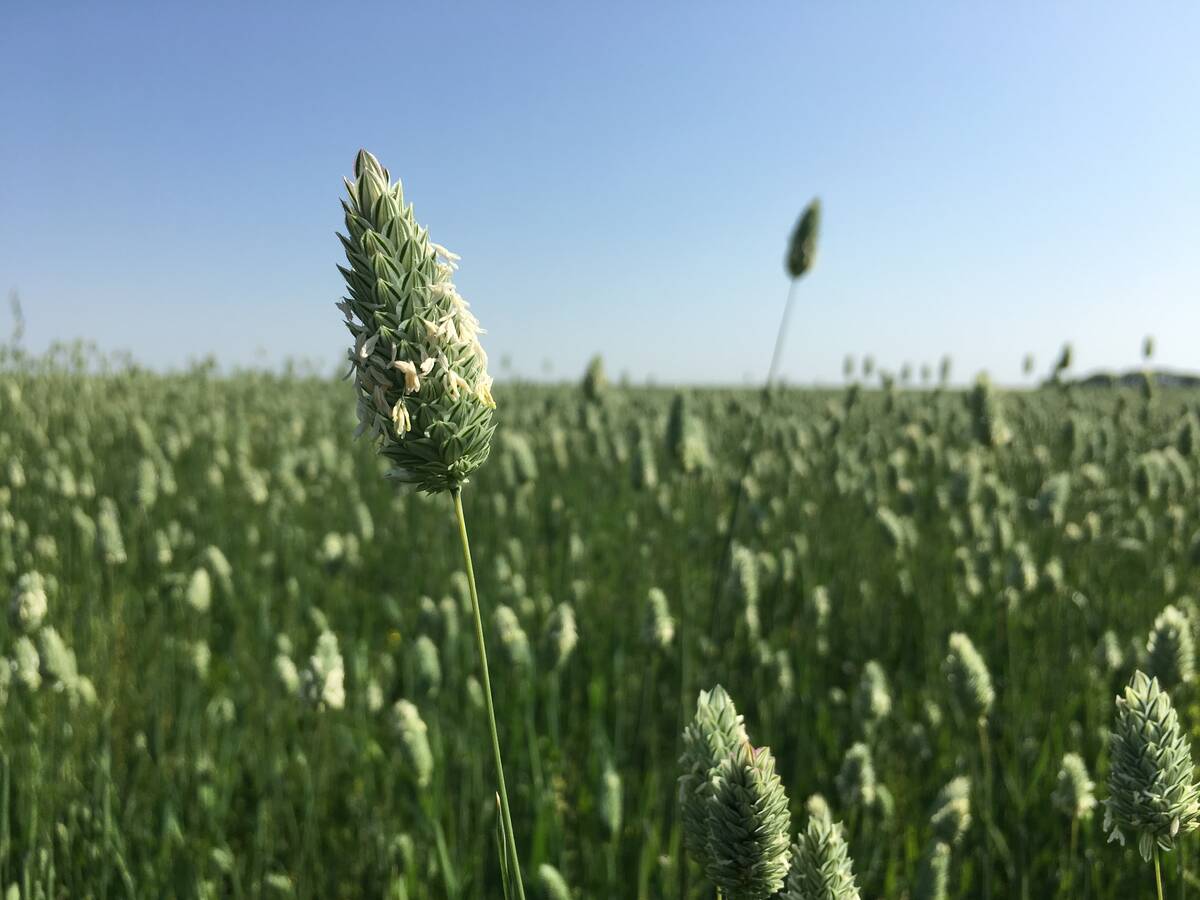SASKATOON – Let’s play Trivial Pursuit. Who is Canada’s fifth largest trading partner?
No guesses? Here are some clues. Canada does more business with this country than it does with France and the People’s Republic of China. With some nurturing, diplomats and trade analysts say, this country could surpass Germany as our fourth largest trading partner.
Per capita income is projected to reach $15,000 in five years for nearly 20 million workers, the equal of the United Kingdom. In the late 1950s, its people were as poor as those in Bangladesh.
Read Also

No special crop fireworks expected
farmers should not expect fireworks in the special crops market due to ample supplies.
Still stumped? Of this country’s 44 million people, 15 million live in its capital city which is just 3 1Ú2 minutes by SCUD missile to one of the world’s last communist regimes.
The answer? South Korea, one of the smaller Asian tigers.
Maurice Hladik, Canada’s acting ambassador to South Korea, said last week that there is a “crying need” for Canada’s agricultural industry to do more in South Korea.
Food imports are a necessity . Just 20 percent – or five million acres – of South Korea’s land mass is cultivated.
According to Hladik, South Korea imported $10 billion worth of agricultural goods in the past year, mostly from Australia, the United States and New Zealand.
Australia’s share of the market is 40 percent – $4 billion. Canada’s share is 4.5 percent – $450 million. The U.S. alone exported $500 million worth of beef to South Korea in 1994; Canada exported $5 million.
Despite Canada’s small share in overall South Korean agricultural trade, the magnitude of Canadian agriculture exports has increased dramatically in the last couple of years, thanks mostly to an abundance of prairie feed wheat South Korea was happy to buy. Agricultural trade in 1993 stood at about $400 million and in 1992 was just $146 million.
But Hladik said South Korea’s first democratically-elected president, Kim Young Sam, is making big changes in the government there. (Since the Korean War, the country has been ruled by military dictators.)
As part of the changes, Hladik said, non-tariff trade barriers have “just evaporated.”
He said the move to remove the barriers is a reflection of the status South Korea is trying to attain as a trader. “It’s trying to be a mature citizen of the trading world.”
He said it’s also an opportunity for Canada’s exporters to get their fair share of the lucrative Korean market.














